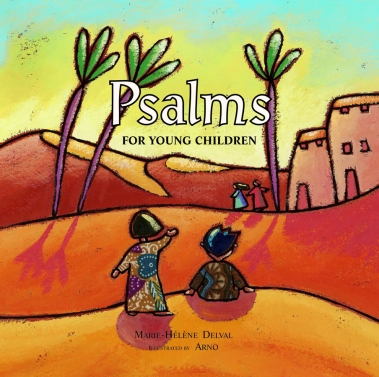Every year, predictably, around the start of Lent, the Facebook groups for All-Age Worship planners light up with requests for Mothering Sunday prayers that go beyond “thank you, God, for my brilliant mum – help me remember to do more chores around the house.”
(Also, I can’t even begin to break down how much is wrong with that as the sum total of Mothering Sunday. Not everyone has a brilliant mum, and surely ‘doing chores around the house’ isn’t innately Mum’s job any more, and also, the amazing, heart-expanding, heart-breaking, world-changing, powerful love of God reflected in the love of mothers is bigger and better Good News than helping around the house. But I digress.)
Below is a shortened version of a set of inclusive Mothering Sunday prayers that a friend sent me a few years ago. If you know who originally wrote these, please let me know so I can credit them.
INCLUSIVE MOTHERING SUNDAY PRAYERS:
Loving God, we thank you for all the people who have mothered us throughout our lives. For all who have held us and fed us, cared for us and comforted us, challenged and encouraged us.
We pray for new mothers experiencing changes they could not predict. Grant them rest and trust in you.
We pray for girls and women who think about whether to become mothers. Grant them patience and discernment.
We pray for mothers who are raising their children in poverty. Grant them courage and relief.
We pray for mothers who face the demands of single parenthood. Grant them strength, support, and wisdom.
We pray for mothers who are separated from their children. Grant them faith and hope.
We pray for adoptive and foster mothers. Grant them gratitude and insight.
We pray for mothers whose relationships are going through difficult times. Grant them clarity and support.
We pray for women who long to be mothers. Grant them strength, hope, and opportunities to share their love.
We pray for those who have suffered from abusive mothering. Grant them healing and strength.
We pray for step-mothers, godmothers, and all men and women who have assumed a mother’s role in a child’s life. Grant them joy and the appreciation of others.
We pray for those people present who grieve the loss of a mother, and for mothers who have lost children. Grant them comfort, healing, and the hope of Christ’s resurrection.
Merciful Father,
Accept these prayers, for the sake of your son, our Saviour, Jesus Christ. Amen.
INTERACTIVE PRAYER IDEA:
You will need:
- Paper hearts with holes punched in them
- Markers or pens
- A tree (this one from Hobbycraft works, or you can stick branches in a pot of sand)

As the congregation arrives, they are handed a paper heart with a hole punched in it. During prayer time, as music is played, they are encouraged to write the name, or draw a picture, of anybody who has played a mother’s role in their lives, and hang the heart on the tree.
Version for congregations who won’t leave their pews: These names are placed in the offertory plates, and placed on the tree (out of sight, during the Eucharistic Prayer).
Extension: On a nearby table, have white fabric, and fabric pens, and instructions telling people that this is a place to put the names, or images, of children they have mothered who have died. When this is finished, place it at the base of the tree.
Recently, we added a prayer station on the way back from communion, for people to write or draw names of children we have mothered who have died, or mother figures who have died, on a piece of fabric. This now goes with the tree.
At the end of the service, we bless the tree, and those whose names are on it:
Dear God, we thank you for mothers. We thank you for all those who care for us in quiet, often unrecognised ways; we thank you for all those who care for others in patience and love.
Bless, we pray, the women – living and departed – whose names adorn this tree and this banner. Bless their legacy of love and care in our lives.
Bless the children who we mothered, and who have gone before us, whose names are on this banner. Be with all mothers whose hearts, like Mary’s, are pierced with the sword of their child’s death.
And, we pray, forgive us for those times when we have failed to show a motherly love for others. Teach us to care as you do, and, we pray, hold all mothers and carers in the light of your presence and guide them to you. Amen.






 For older children, the
For older children, the 
